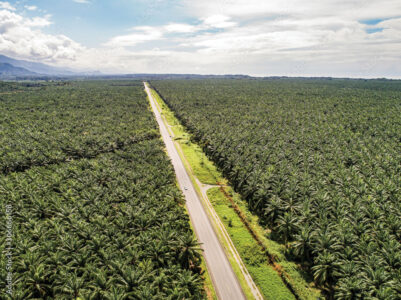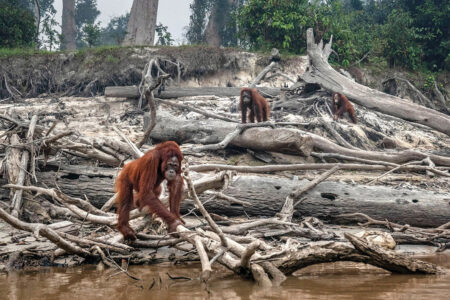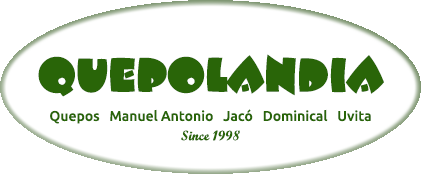Palm Oil: In Need of a Viral Moment
Ryan Meczkowski, Local Naturalist Guide, CR Naturalist Experiences

A video is powerful. With a smartphone, we hold in our pockets the ability to start a movement. A single recording, at a precise moment in time, can ignite mass protests against unjust police actions or raise awareness of environmental issues. While on a research expedition in Costa Rica in 2015, a group of graduate students from Texas A&M recorded a video of an olive ridley sea turtle with a plastic straw stuck up its nose. The raw footage of the animal with blood streaming down its face, as the team removed the foreign object with pliers, went viral and initiated a successful campaign to ban plastic straws. While reducing the use of single-use plastics is obviously good for the environment, there are more pressing issues that need attention. However, most are unknown to the general public because, unlike plastic straws, they haven’t had their viral moment.
One such issue is the use of palm oil, which is found in over 50% of the goods we consume, including packaged foods, cosmetics, cleaning products, and biofuels. Their use is so ubiquitous that global demand has led to increased cultivation of the African Oil Palm in tropical rainforests, where the species thrives, and thus contributing to deforestation. This is particularly egregious on the islands of Borneo and Sumatra, the only two places in the world home to the orangutan, a species that is critically endangered due to habitat loss. While illegal logging and mining contribute to their plight, the single greatest threat is…you guessed it…the rapid expansion of palm oil plantations.

after their forest was clear-cut
Although not on the level of Southeast Asia, Costa Rica has also seen an encroachment of palm oil plantations, leading to environmental problems, including loss of biodiversity, soil degradation, water pollution, and increased greenhouse gas emissions. This is prolific in the Southern Zone around Quepos and the Térraba-Sierpe National Wetland, which contains some of the largest mangrove systems in all of Central America.
So, what needs to happen to raise awareness of palm oil? We can’t wait for a video to go viral of an orangutan, the most obvious global poster boy, moving about the smoldering remnants of its former home, slashed-and-burned to make room for African Oil Palm plantations. This leaves us to take action in our daily practices. We can start by reading the labels on products and avoid buying anything that uses palm oil as an ingredient. However, companies are aware of the rowing negative reputation of palm oil, so they disguise it under names such as “palmitate,” “palm kernel oil” (listed simply as PKO), or normal “vegetable oil,” to name a few. We have to do our homework to know if some of our favorite products use palm oil, and if so, find alternatives that are environmentally-friendly. Being a responsible consumer takes work, but it is so important. After all, the orangutans are counting on us.
 Ryan is a local naturalist guide and founder of CR Naturalist Experiences, offering off-the-beaten-path experiences and night tours in the Costa Ballena area.
Ryan is a local naturalist guide and founder of CR Naturalist Experiences, offering off-the-beaten-path experiences and night tours in the Costa Ballena area.
Email: cr.naturalist@gmail.com
WhatsApp: +506 6132 9436
Instagram: cr_naturalist
